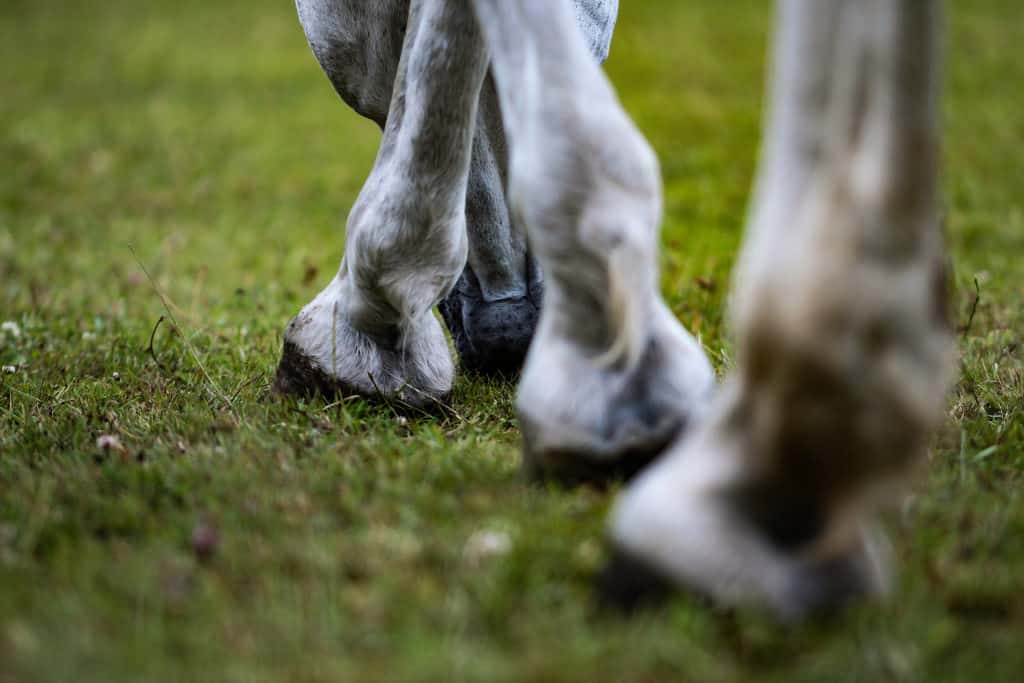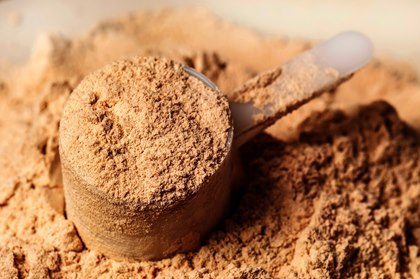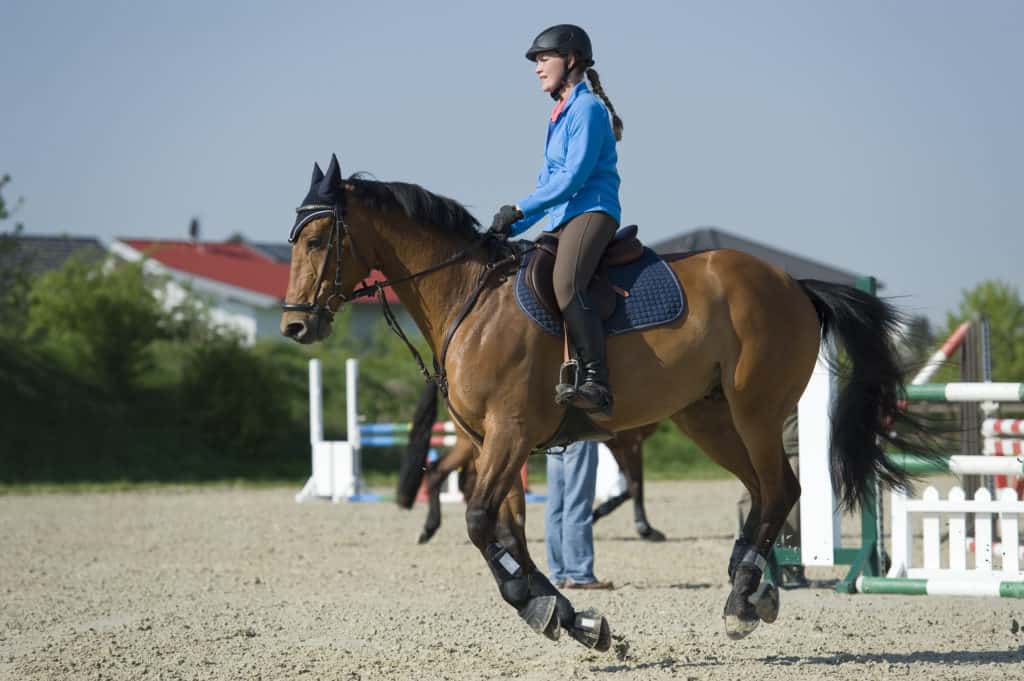
Catastrophic Injuries in Racehorses: KHRC Funds Gluck Center Study
Researchers are examining inflammatory and anti-inflammatory markers’ efficacy as early indicators for potential catastrophic injuries in racehorses.
All aspects of caring for performance horses

Researchers are examining inflammatory and anti-inflammatory markers’ efficacy as early indicators for potential catastrophic injuries in racehorses.

Researchers have determined that the matrix—a stretchy, sticky, weblike structure within the tendon—loses its resistance over time. This could play a role in tendon problems in old horses.

Critical conditions such as colic, injuries, and dehydration can strike when you’re at a competition with your horse. Here’s how to handle them.

Describing age-related structural changes in senior horse hearts is a critical first step in recognizing pathologies. However, researchers say it’s too soon to know how those age-related changes affect horse health.

An automated feeder that provides grain in multiple small meals throughout the day might help reduce the prevalence of gastric ulcers in horses in training.

What do probiotics and their counterparts–prebiotics–do for horses? Here’s what the current research says.

Recent research suggests that bone scans in horses aren’t always accurate in diagnosing causes of lameness and poor performance in sport horses when used alone.

Learn how to manage this incurable disease that causes debilitating lameness in horses.

Veterinarians have tested a new method for assessing equine performance with positive results.

Researchers determined that the diet and exercise recommendations veterinarians make for horses with PSSM1 can help improve, but likely won’t eliminate, clinical signs of PSSM2 in Warmbloods.

Find out how Claire Godwin, DVM, keeps her 27-year-old endurance horse PL Mercury in elite condition, from joint support to conditioning tactics.

Scintigraphy gives provides the practitioner with information about some injuries related to bone or soft-tissue connections to bone, but it might not reveal many other sources of foot pain, researchers found.
Reynolds and Cayucos, a 10-year-old 15.1 hand chestnut Arabian gelding, crossed the finish line at 10:00 p.m. on July 28 to claim her third Tevis Cup victory.

MM Cody, a 10-year-old gelding, is the first Mustang to earn the award, presented to the horse deemed to be in superior condition after completing the 100-mile endurance ride.
The 2018 Tevis Cup endurance ride will start before dawn at 5:15 a.m. on July 28 from Robie Equestrian Park south of Truckee, California. Officials expect more than 150 horses and riders to set out on the 100-mile trail.

The 100-mile ride has long provided a unique opportunity to conduct research on well-conditioned endurance horses working in extreme conditions, and this year is no exception.
Stay on top of the most recent Horse Health news with
"*" indicates required fields